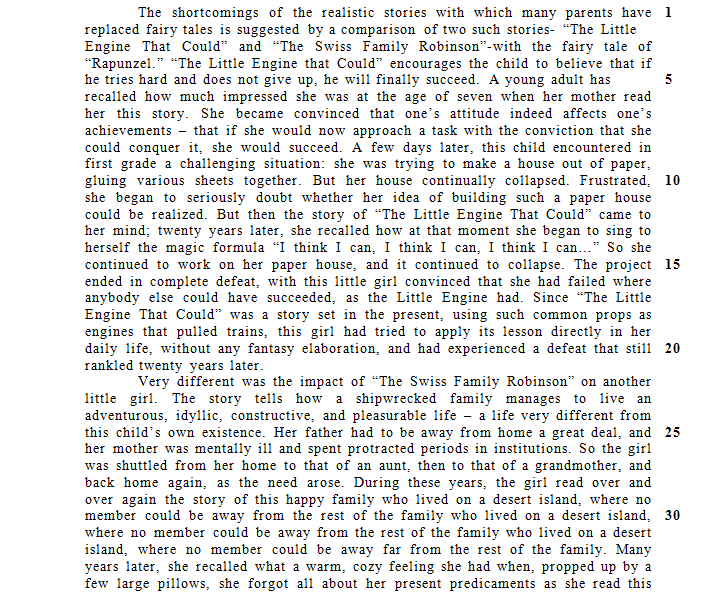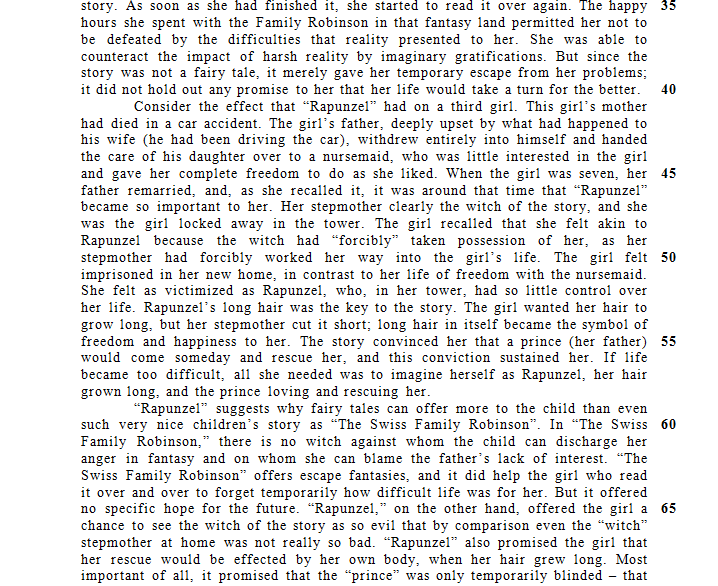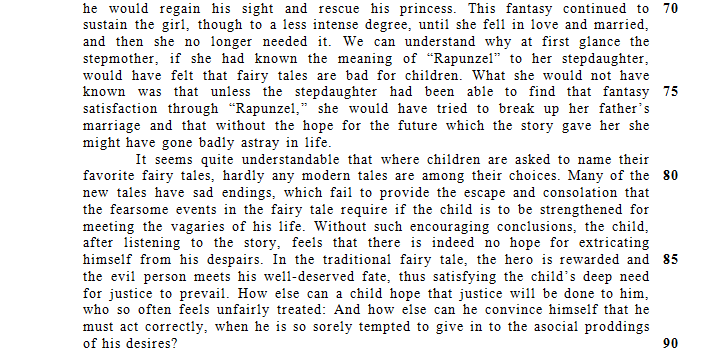1. I AM BLACK AND BEAUTIFUL
It is a fact not a fib,
That my radiant eyes
Melted your solid heart
And my infectious grin,
Imprisoned you in my arms
I am neither frail nor fragile,
Bearing bouncing babies
Nursing and nurturing them,
Confounding the world with awe,
Since the days of Adam and Eve.
I am your spouse not slave,
With a body and soul
Flesh and blood
Mind and conscience,
Rights and privileges.
I am your darling not donkey,
To plough and sow
To weed and reap
To market the crop,
Yet forfeit the proceeds.
I am your partner not prisoner,
To mop your house
To grind the grain
To fry your food,
Yet sleep in the cold
On an empty stomach!
I am a victor not victim
Of your male chauvinistic stance
Liberated not hibernated
Into a world of equality
Freer than a fugitive
Oh, I am black and beautiful!
Questions:
1. What is the poem about?
2. Describe the character of the speaker in the poem.
3. What stylistic aspects have been employed in the poem? Show the effect?
4. a) Describe the tone in the poem.
b) What is the intention of the poet?
2. Dear Scottie:
I don’t think I will be writing letters many more years and I wish you would read this letter twice-bitter as it may seem. You will reject it now, but at a later period some of it may come back to you as truth. When I’m talking to you, you think of me as an older person, an “authority,” and when I speak of my own youth what I say becomes unreal to you – for the young can’t believe in the youth of their fathers. But perhaps this little bit will be understandable if I put it in writing.
When I was your age I lived with a great dream. The dream grew and I learned how to speak of it and make people listen. Then the dream divided one day when I decided to marry your mother after all, even though I knew she was spoiled and meant no good to me. I was sorry immediately I had married her but, being patient in those days, made the best of it and got to love her in another way.
You came along and for a long time we made quite lot of happiness out of our lives. But I was a man divided- she wanted me to work too much for her and not enough for my dream. She realized too late that work was dignity, and the only dignity, and tried to atone for it by working herself, but it was too late and she broke and is broken forever.
It was too late also for me to recoup the damage – I had spent most of my resources, spiritual and material, on her, but I struggled on for five years till my health collapsed, and all I cared about was to drink and forgetting.
The mistake I made was marrying her. We belonged to different worlds – she might have been happy with a kind simple man in a southern garden. She didn’t have the strength for the big stage-sometimes she pretended, and pretended beautifully, but she didn’t have it. She was soft when she should have been hard, and hard when she should have been yielding. She never knew how to use her energy-she’s passed that failing on to you.
For a long time I hated her mother for giving her nothing in the line of good habit-nothing but “getting by” and conceit. I never wanted to see again in this world women who were brought up as idlers. And one of my chief desires in life was to keep you from being that kind of person, one who brings ruin to themselves and others. When you began to show disturbing signs at about fourteen, I comforted myself with the idea that you were too precocious socially and a strict school would fix things. But sometimes I think that idlers seem to be a special class for whom nothing can be planned, plead as one will with them-their only contribution to be human family is to warm a seat at the common table.
My reforming days are over, and if you are that way I don’t want to change you. But I don’t want to be upset by idlers inside my family or out. I want my energies and my earnings for people who talk my language.
I have begun to fear that you don’t. You don’t realize that what I am doing here is the last tired effort of a man who once did something finer and better. There is not enough energy, or call it money, to carry anyone who is dead weight and I am angry and resentful in my soul when I feel that I am doing this. People like- and your mother must be carried because their illness makes them useless. But it is a different story that you have spent two years doing no useful work at all, improving neither your body nor your mind, but only writing reams and reams of dearly letters to dearly people, with no possible object except obtaining invitations which you could not accept. Those letters go on, even in your sleep, so that I know your whole trip now is one long waiting for the post. It is like an old gossip that cannot still her tongue.
You have reached the age when one is the interest to an adult only insofar as one seems to have a future. The mind of a little child is fascinating, for it looks on old things with new eyes- but at about twelve this changes. The adolescent offers nothing, can do nothing, say nothing that the adult cannot do better. Living with you in Baltimore (and you have told Harold that I alternated between strictness and neglect, by which I suppose you mean the times I was so inconsiderate as to have T.B., or to retire into myself to write, for I had little social life apart from you) represented a rather too domestic duty forced on me by your mother’s illness. But I endured your Top Hats and Telephones until the day you snubbed me at dancing school, less willingly after that…
To sum up: What you have done to please me or make me proud is practically negligible since the time you made yourself a good driver at camp (and now you are softer than you have ever been). In your carrier as a “wild society girl,” vintage of 1925, I’m not interested. I don’t want any of it- it would bore me, like dining with the Ritz Brothers. When I do not feel you are “going somewhere,” your company tends to depress me for the silly waste and triviality involved. On the other hand, when occasionally I see signs of life and intention in you, there is no company in the world I prefer. For there is no doubt that you have something in your belly, some real; gusto for life – a real dream of your own- and my idea was to wed it to something solid before it was too late –as it was too late for your mother to learn anything when she got around to it. Once when you spoke French as a child it was enchanting with your odd bits of knowledge-now your conversation is as commonplace as if you’d spent the last two years in the Corn Hollow High School – what you saw in Life and read in Sexy Romances.
I shall come East in September to meet your boat-but this letter is a declaration that I am no longer interested in your promissory notes but only in what I see. I love you always but I am only interested by people who think and work as I do and it isn’t likely that I shall change at my age. Whether you will – or want to –remains to be seen.
Daddy.
P.S. If you keep the diary, please don’t let it be the dry stuff I could buy in a ten-franc guide book. I’m not interested in dates and places, even the Battle of New Orleans, unless you have some unusual reaction to them. Don’t try to be witty in the writing, unless it’s natural –just true and real.
P.P.S Will you please read this letter a second time? I wrote it over twice.
Questions:
1. What is the writer’s intention in this passage?
2. What accusations does he raise against his daughter?
3. Comment on the writer’s attitude towards his wife.
4. Discuss the writer’s style and its effectiveness.
5. Discuss the writer’s mood.
3. FAIRY TALES AND MORDERN STORIES



Questions
1. What do ‘The Little Engine that Could’ and ‘The Swiss Family Robinson’ stories have in common?
2. What does the writer suggest to be the
i) weakness of ‘The Little Engine that Could’ and
ii) benefit of ‘Rapunzel’ on the girls who read them?
3. Why are the old fairy tales preferable to the modern ones?
4. “…can he convince himself that he must act correctly, when he is so sorely tempted to give in to the asocial proddings of his desires.” Explain what the writer means by this.
5.Explain the meaning of the following words and phrases as used in the passage:
Line
a) realistic………………………………………1
b) rankle……………………………………….21
c) idyllic…………………………………………24
d) protracted……………………………………26
e) gratifications…………………………………38
f) anger in fantasy………………………………62
g) escape…………………………………………81
h) vagaries……………………………………….83
i) extricating……………………………………..84
j) proddings………………………………………89
